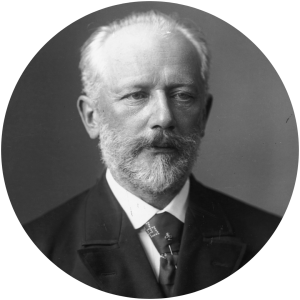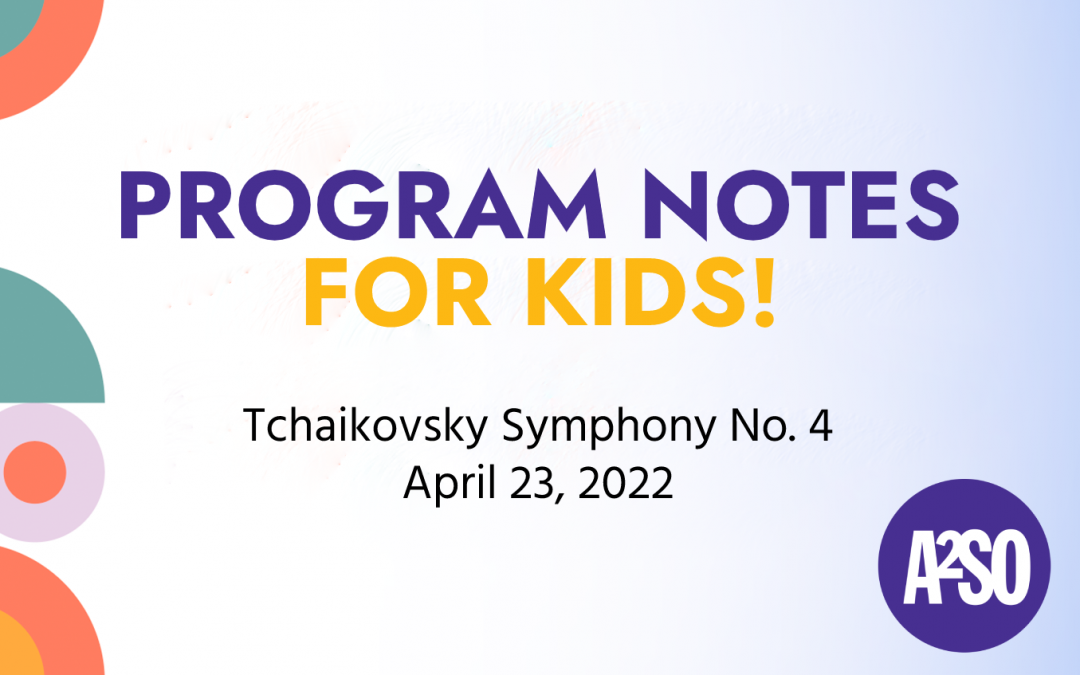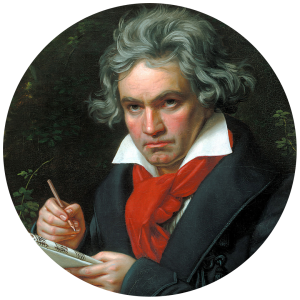Carlos Simon | Fate Now Conquers
Carlos Simon, of Atlanta, Georgia, is one of today’s up and coming composers. After attending Georgia State University and Morehouse College, Simon went to the University of Michigan where he received his doctoral degree while studying under Michael Daugherty and Evan Chambers. Since then Simon has been writing music for groups large and small, and everything from concert music to film scores. In his music, Simon features elements of jazz, gospel, and the neo romantic genres. This combination, along with Simon’s skill, has led many famous orchestras and schools to commission music from him. Today Simon is the Composer-in-Residence at the Kennedy Center and recently won a Sphinx Medal of Excellence.
Fate Now Conquers was inspired from a passage in Ludwig van Beethoven’s notebook written in 1815. While reading The Iliad, the earliest work of Western literature, Beethoven quoted, “But Fate now conquers; I am hers; and yet not she shall share in my renown; that life is left to every noble spirit, and that some great deed shall beget that all lives shall inherit.” In writing this quote, Beethoven acknowledged his submission to the wild winds of Fate. To put Beethoven’s mindset to music, Simon began with Beethoven’s second movement in his seventh symphony. From there, Carlos Simon composed jolts, different moods, and a free flowing passage to represent the changing winds of fate.
Ludwig van Beethoven | Concerto for Violin, Cello, and Piano in C major
Beethoven was a German composer and pianist, and one of the most important and influential of all Western composers. He was born in Bonn, and went to Vienna (the music capital of Europe at that time) when he was 27. There, he studied with the composer Joseph Haydn, who was also Mozart’s teacher. He was especially well known for his ability to improvise, or make up music on the spot.
Beethoven’s Concerto for Violin, Cello, and Piano, typically called the Triple Concerto, was written in 1803 around the same time as the more popular Fourth Piano Concerto, Fourth Symphony, and Fidelio. Because of these surrounding pieces, the Triple Concerto has often been seen as a disappointment, with some claiming the piece was written for Archduke Rudolf, an amateur student of Beethoven’s, to play. But the cello, violin, and orchestra parts are difficult and there is subtlety in the piece. One of the difficulties in writing a piece with three soloists is the interplay between each soloist and the orchestra. Particularly during the 19th century, an extended period was needed to develop themes and a musical character. But Beethoven managed to succeed in his task, creating an imaginative interplay between the four groups.

Pyotr Ilyich Tchaikovsky | Symphony No. 4
In 1877, Tchaikovsky proposed to one Antonina Ivanovna, wrote an opera, got married to Ivanovna in July, fled from his new wife in September, and by November had wound up in Italy. 1877 was a rough year for him. It was in this year though that his friendship with Nadezhda von Meck blossomed into one of the most important relationships in his life. Meck remained constantly supportive of Tchaikovsky through his struggles and it was only through her encouragement that he eventually returned to composing. It was in this period of misery that Tchaikovsky began composing his fourth symphony. The introduction of the symphony, the strong horn line, represents the all powerful Fate which Tchaikovsky states is
“The fatal power that hinders one in the pursuit of happiness from gaining the goal, which jealously provides that peace and comfort do not prevail, that the sky is not free from clouds—a might that swings, like the sword of Damocles, constantly over the head that poisons the soul. There is nothing to do but to submit and vainly to complain.”
From there Tchaikovsky moves through the events and feelings of that horrible year, the year Fate brought him. But as the symphony moves towards its conclusion, it becomes brighter, happier. Tchaikovsky, through the support of Meck, did improve and become happier. His horrible year of 1877 did end and for her support, Tchaikovsky dedicated his Fourth Symphony to Meck, his “best friend.”



